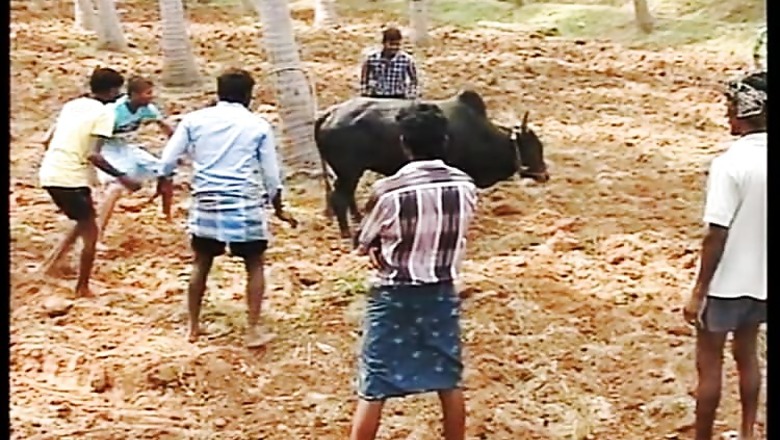
views
The Supreme Court on Tuesday will hear a batch of petitions against a government notification lifting ban on jallikattu back in Tamil Nadu. The petitions were filed by Aniwal Welfare Board and People for the Ethical Treatment of Animals (PETA) India demanding that the Centre's recent notification allowing Jallikattu and bullock cart races be "struck down".
PETA India claimed that a battery of urgent petitions led by the government advisory body Animal Welfare Board of India (AWBI) and two sitting AWBI members as petitioners, and supported by animal protection groups PETA, Federation of Indian Animal Protection Organisations (FIAPO), Compassion Unlimited plus Action (CUPA), were mentioned before the Chief Justice's bench of the Supreme Court.
PETA India further claimed that along with these, individual petitioners Sowmya Reddy, Radha Rajan and Gauri Maulekhi have also filed their petitions.
"All petitions call for the Environment Ministry notification of January 7, 2016 permitting the use of bulls in events such as jallikattu in Tamil Nadu and bullock cart races elsewhere in the country to be struck down. Urgent listing of these petitions was sought and has been allowed for Tuesday," the statement said.
PETA India said that the Environment Ministry's notification allowing jallikattu and bull races came despite a Supreme Court judgement which held that the Ministry cannot allow these races and cannot modify the notification dated July 11, 2011 (which banned forcing bulls to perform) without consulting the AWBI.
"Terrifying and injuring bulls is abuse, not sport, and this combined with the injuries and deaths of people common at jallikattu events puts a bloody stain on India's reputation in the eyes of the world.
"Laws and SC verdicts need to mean something and we look to the Supreme Court to confirm once again jallikattu and bull races must not be allowed," said PETA India Chief Functionary Poorva Joshipura.
In December 2015, the AWBI advised the Ministry not to go against the Supreme Court judgement.
PETA said that the court had also ruled that cruelty is inherent in these events, as bulls are not anatomically suited for such activities and making them participate is subjecting them to unnecessary pain and suffering, so such events were outlawed.
"The court also stated that when culture and tradition are at variance with the law enacted by Parliament, the law would take precedence. The January 7, 2016 notification flies in the face of this Supreme Court ruling," PETA said.
In just four years, from 2010 to 2014, approximately 1,100 injuries to humans were reported by the media as a result of cruel and dangerous jallikattu-type events and 17 people died, including a child.
PETA India has documented in AWBI authorised inspections that during jallikattu, terrified bulls are often deliberately disoriented by being given substances like alcohol, having their tails twisted and bitten, being stabbed and jabbed by sickles, spears, knives or sticks and being punched, jumped on and dragged to the ground.
Three bulls even died during jallikattu events in 2014. During races, bulls are often hit with nail-studded sticks and pushed beyond the point of exhaustion. In bullfights, which often occur in Goa, a round ends when one of the bulls manages to flee (or is killed), PETA India said.











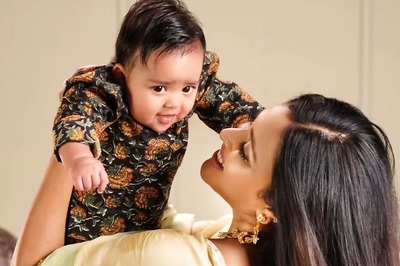
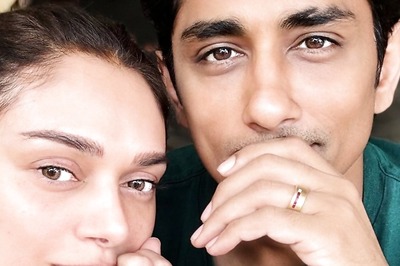


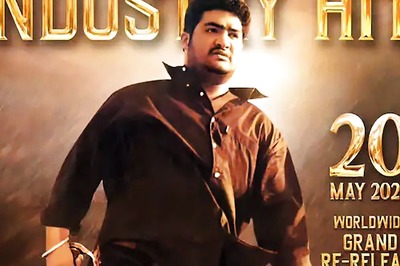
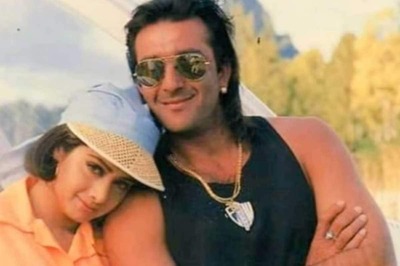
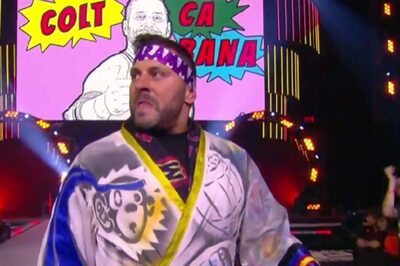
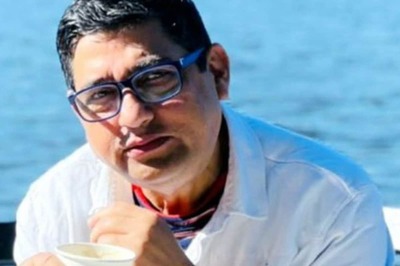
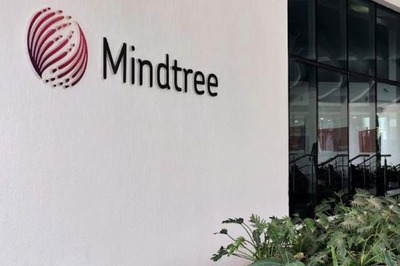
Comments
0 comment